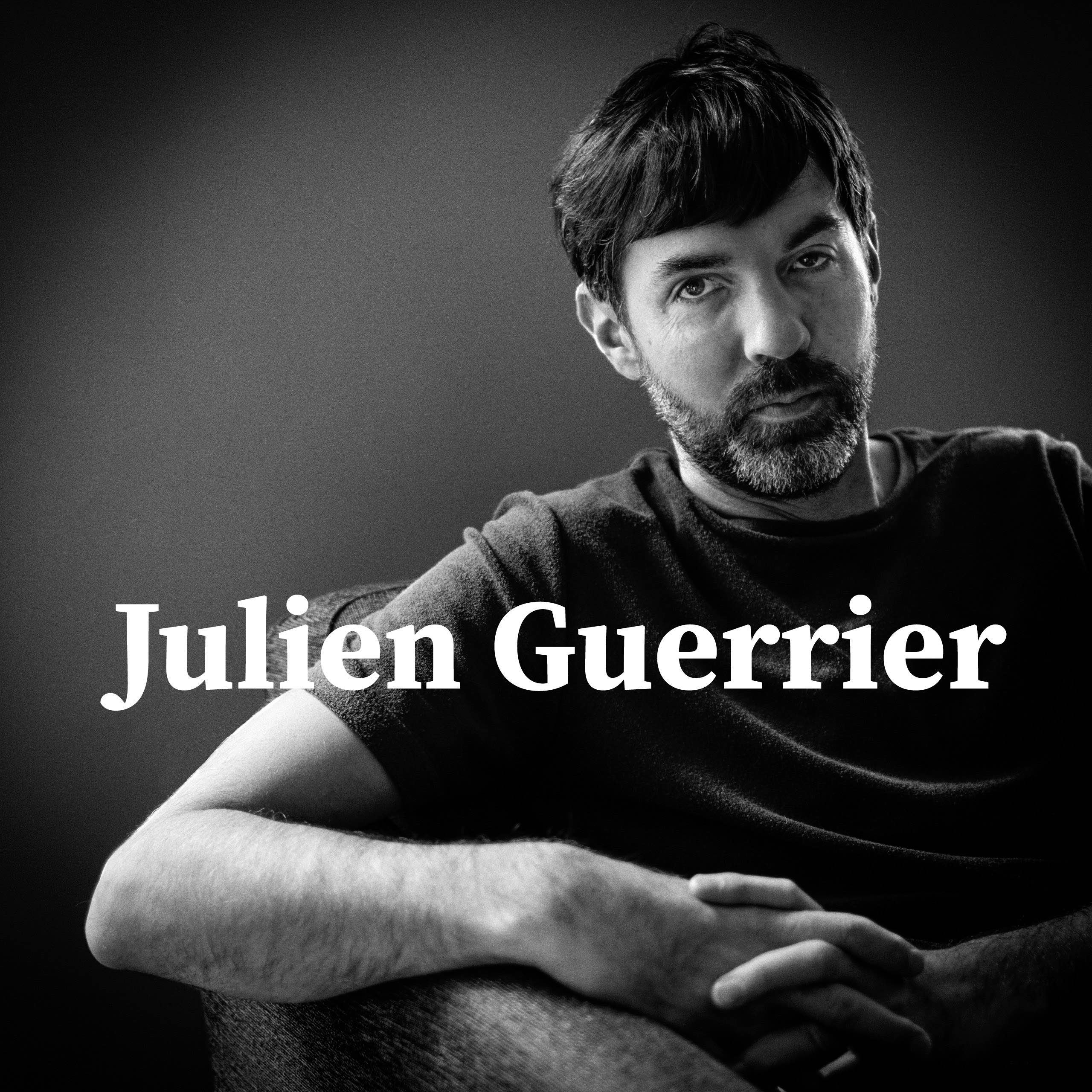PDFSD
Well-Known Member
- Joined
- Mar 27, 2024
- Messages
- 1,421
- Reaction score
- 4,528
MissTweed.com
STEFANO CANTINO APPOINTED CEO OF GUCCI
Stefano Cantino was named CEO of Gucci this week. The 57-year-old Italian has the toughest job in the industry. Turning around Gucci with sales collapsing in China and a designer who does not appear fit for this position. It's not going to be an easy ride.
Cantino has never been the boss of a luxury brand. He knows a lot about marketing and events - having looked after these sides of the business for many years at Louis Vuitton and before that at Prada. But it's not the same as being the CEO, especially at a €10 billion megabrand that's seen its sales and crucial "buzz" collapse in the past year under new designer Sabato de Sarno. De Sarno, like Cantino now, was also an untested choice when he took on the top job.
Why couldn't Kering hire someone like John Galantic as CEO? Galantic used to run Chanel in the US and built the French fashion brand's online business. He was available.
Instead, Tod's Group, which is now part of the LVMH galaxy, hired him and he's now managing director. Maybe Francesca Bellettini, Deputy CEO of Kering in charge of Brand Development, did not want a strong CEO so that she could have a say on the way Gucci was run? Cantino's appointment is cryptic.
Cantino, who joined Gucci May 2024 as deputy CEO, will report to Bellettini, Kering said. He will also have a seat on Kering's Executive Committee and will succeed Jean-François Palus, Kering's former managing director as of January 1, 2025.
LVMH encouraged Cantino to find opportunities outside of the group when he left on April 30, people with first-hand knowledge of the matter said. That's why he could start on May 2 at Gucci. If the French luxury group wanted to retain him, it would have enforced the non-competition clause in his contract that prevents people from joining a major rival immediately.
"I am confident that, building on what has been set up over the past 15 months, Stefano and the Gucci team will succeed in the mission to take Gucci back to the leadership the brand deserves," Bellettini said in a statement published on Tuesday. Let's hope that she is right.
Cantino was in charge of events at Louis Vuitton and was never keen on inviting independent media like Miss Tweed who potentially had the freedom to criticize the brand. He did not send an invitation for the last Gucci show either.
At Louis Vuitton, Cantino was the boss of Julien Guerrier, the talented editor who built Louis Vuitton Edition from scratch over 20 years and started the City Guides collection.
Guerrier told people behind closed doors that Cantino did not understand how books and the publishing of great photographers and writers were good for Louis Vuitton's image. Due to this clash of visions, Guerrier left in 2022 to start Chanel's publishing house. He had great ambitions for that project. He died suddenly in January 2023 at the age of 46. Since he passed away, Chanel has not yet found a replacement.
Many big luxury brands have publishing departments. Dior puts out several books a year and has a strong dedicated team. Hermès has one as well, responsible notably for the Monde d'Hermès booklet which is always full of photos of art - not only the brand's products.
Since Cantino joined Gucci in May, many positions in the communications and marketing departments have yet to be filled, sources close to the brand have said.
Palus has not been interacting much with the teams. People at Gucci were told to report to Cantino even before his nomination was announced this week, sources close to the brand say. Investors may want to ask Kering about the choice of Cantino versus other candidates.
It's just like the nomination of Palus as CEO of Gucci following the abrupt departure of Marco Bizzarri in July last year. Palus is not a product or merchandising maestro.
Finance and strategy are his strengths. People informed of the decision say Kering CEO François-Henri Pinault's promotion of Palus was a reward for loyalty over many years. It is a timely reminder that Kering is still a family-led company. Being CEO of Italy-based Gucci too meant Palus could claim the attractive tax conditions reserved to people coming to Italy that would safeguard the wealth he accumulated over the 33 years he worked for him and his father François Pinault. Palus helped make the Pinault family one of the wealthiest in Europe. They owed him this move.
Investors like to hear that nominations, particularly for that of CEO of Gucci, Kering's main source of revenue and profit, are based on merit not on favors and tax considerations.
Sure, Palus is a trustworthy lieutenant but talent, vision and experience growing brands is what investors want to see in terms of background when hiring someone to run a brand as important as Gucci.



